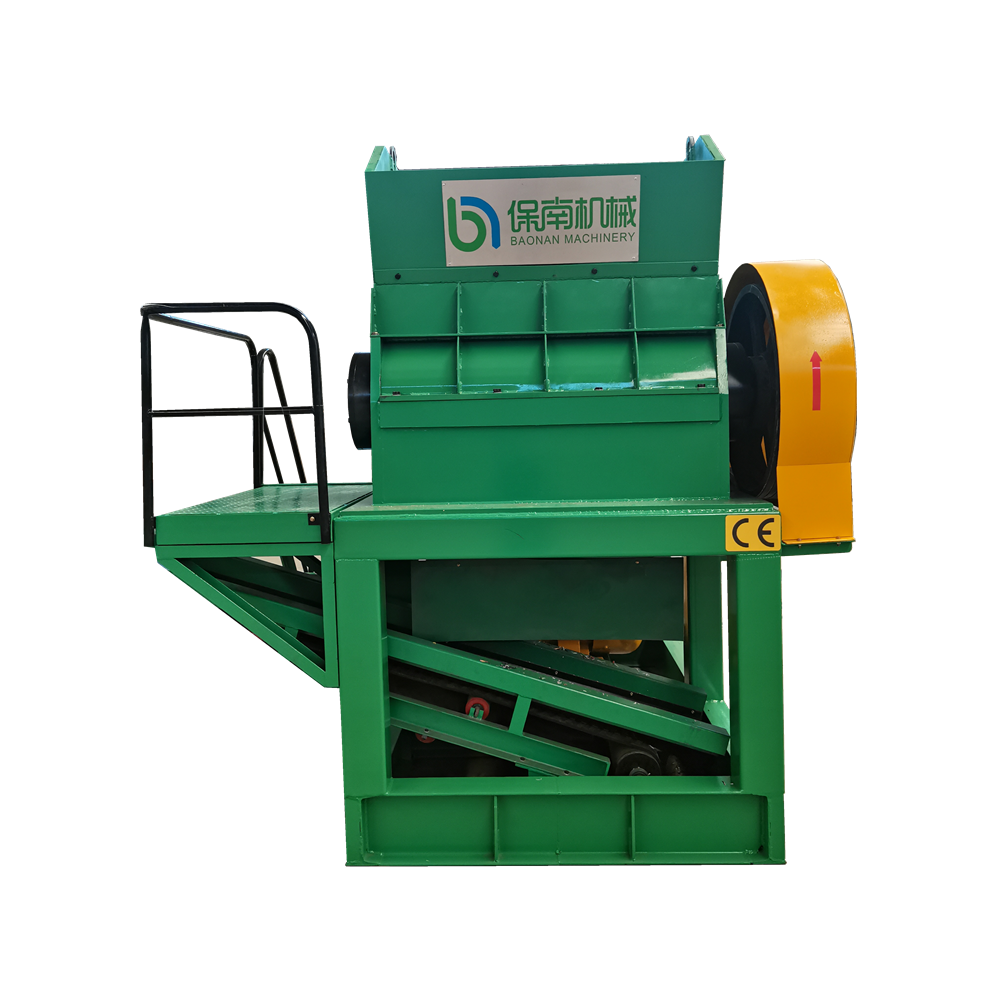

Dec . 03, 2024 11:42 Back to list
The Role of Hammer Crushers in Cement Plants
Cement production is a complex process that involves multiple stages, from the extraction of raw materials to the final product. Among the various machines used in this process, the hammer crusher plays a vital role, especially in the initial stages of cement manufacturing. This article delves into the functionality, advantages, and significance of hammer crushers in cement plants.
Functionality of Hammer Crushers
Hammer crushers are designed to crush various types of materials, predominantly large rocks, limestone, and coal, which are essential raw materials in cement production. The main working principle of a hammer crusher revolves around the use of high-speed rotating hammers mounted on a horizontal rotor. As the raw material enters the crushing chamber, the hammers strike it repeatedly, breaking it down into smaller, more manageable pieces. The size reduction is a critical step in the production process, as it ensures that the raw materials can be efficiently processed in subsequent stages like grinding and mixing.
Advantages of Using Hammer Crushers
1. High Efficiency One of the most significant advantages of hammer crushers is their high efficiency. The design allows for a large feed size and a high throughput capacity. This means that a considerable amount of material can be processed in a short period, which enhances overall productivity in the cement plant.
2. Versatility Hammer crushers can handle a wide range of materials, including softer materials like limestone as well as harder substances like clay and coal. This versatility makes them an ideal choice for cement plants dealing with various raw materials.

3. Simple Maintenance Hammer crushers are relatively simple in design, which translates to easier maintenance and repair. With fewer moving parts than some other crusher types, downtimes for maintenance or repairs are minimized, contributing to uninterrupted production.
4. Cost-Effectiveness The initial investment in hammer crushers is often lower compared to other crushing equipment. Moreover, the operational costs are also reduced due to their energy efficiency and low maintenance needs, making them an attractive option for cement manufacturers.
Importance in Cement Production
The role of hammer crushers in cement plants goes beyond mere material size reduction. They significantly contribute to the quality of the final product. The uniformity in particle size achieved through crushing ensures that subsequent processes like grinding and blending can be performed more effectively, resulting in a more consistent cement product.
Furthermore, hammer crushers facilitate better mixing of the raw materials. Since cement is produced from a precise composition of various materials, ensuring that these materials are well-mixed and of uniform size is essential. The efficient crushing of raw materials helps in achieving the desired chemical properties in the final cement product.
Conclusion
In conclusion, hammer crushers are indispensable machines in cement plants, playing a crucial role in the initial stages of the manufacturing process. Their high efficiency, versatility, and cost-effectiveness make them a preferred choice for many cement manufacturers. As the demand for cement continues to grow globally, the importance of optimizing production processes, including the effective use of hammer crushers, cannot be overstated. The integration of advanced technology in the design and operation of these crushers may further enhance their performance, ensuring the sustainability of cement production in the future.
Latest news
Troubleshooting Common Eddy Separator Problems
NewsJul.04,2025
The Role of Metal Recycling Plants in Circular Economy
NewsJul.04,2025
The Impact of Recycling Line Pickers on Waste Management Costs
NewsJul.04,2025
Safety Features Every Metal Shredder Should Have
NewsJul.04,2025
How Industrial Shredders Improve Waste Management Systems
NewsJul.04,2025
How Cable Granulators Contribute to Sustainable Recycling
NewsJul.04,2025